
In February there is a place of wonderment where only wildfowl and wildfowlers venture. It is a place of salty isolation, beautiful yet stark in equal measure, sometimes dangerous and occasionally deadly. This watery and wintry Asgard of which I write is the foreshore below the high tide mark.
At season’s end, while inland shooters are cleaning their guns to put away, the coastal fowler still has 20 days in which to enjoy his sport, if he is prepared to venture over the sea wall. With winter barely arriving until January these days, the tail end of the season is the time when wildfowl are in their greatest profusion on the foreshore. North-easterly winds, snow and sleet force them down to shootable heights. Many inland flight ponds that had been a guaranteed source of food have now ceased providing their bounty. Farmland is similarly less attractive; most of the sugar beet has been harvested, stubbles are frozen, food is scarce.
While there may be more fowl about and conditions conducive for sport, this doesn’t mean shooting below the high tide mark is easy.
The birds are at their wiliest. Many of the migratory geese and duck have been shot at before and this knowledge is rarely forgotten. They now recognise that danger can lurk below as well as above. Decoys that may have fooled them in earlier months are shunned. Flightlines and feeding spots, discovered by careful reconnaissance, are only accessible by adventurous and lengthy wading. For all that, the true foreshore is a magical place at any time of the year but in these last few weeks there is truly no place like it.
This story is from the {{IssueName}} edition of {{MagazineName}}.
Start your 7-day Magzter GOLD free trial to access thousands of curated premium stories, and 9,000+ magazines and newspapers.
Already a subscriber ? Sign In
This story is from the {{IssueName}} edition of {{MagazineName}}.
Start your 7-day Magzter GOLD free trial to access thousands of curated premium stories, and 9,000+ magazines and newspapers.
Already a subscriber? Sign In
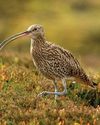
United we stand
Following United Utilities' decision to end grouse shooting on its land, Lindsay Waddell asks what will happen if we ignore our vital moors
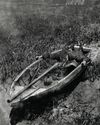
Serious matters
An old gamebook prompts a contemplation on punt-gunning
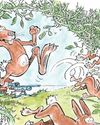
They're not always as easy as they seem
While coneys of the furry variety don't pose a problem for Blue Zulu, he's left frustrated once again by bolting bunnies of the clay sort
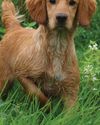
Debutant gundogs
There's lots to think about when it comes to making the decision about when to introduce your dog to shooting
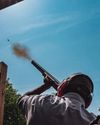
When the going gets rough
Al Gabriel returns to the West London Shooting School to brush up on his rough shooting technique
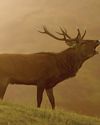
The Field Guide To British Deer - BDS 60th Anniversary Edition
In this excerpt from the 60th anniversary edition of the BDS's Field Guide To British Deer, Charles Smith-Jones considers the noise they make
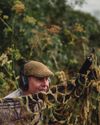
A step too far?
Simon Garnham wonders whether a new dog, a new gun and two different fields in need of protection might have been asking too much for one afternoon's work
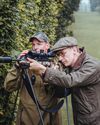
Two bucks before breakfast
A journey from old South London to rural Hertfordshire to stalk muntjac suggests that the two aren't as far detached as they might seem
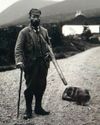
Stalking Diary
Stalkers can be a sentimental bunch, and they often carry a huge attachment to their hill

Gamekeeper
Alan Edwards believes unique, private experiences can help keepers become more competent and passionate custodians of the countryside